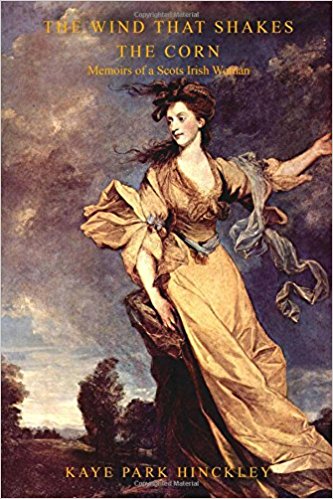The Catholic Mass: The Composition of Christianity. A masterpiece, the embodiment of what we believe. The Mass makes God present to His people by telling His story, and is the daily echo of our Catholic faith.
As a cradle Catholic, I have a lifetime of love for the Mass. Yet, never before have I perceived it as a symphony; The Divine Symphony, as does David L. Gray in this remarkable book.
I read the book slowly, taking in the very familiar parts of the Ite Missa Est, but seeing them in a new light–not as the Mass I’ve become used to, standing kneeling, responding, without much thought as to why we do all that–but as the particular movements of a symphonic journey revealing the Incarnation, and Christianity itself. David Gray reclaims our theology in this book, and reframes what we believe and why we believe it. He takes us through the essential life-giving act of God given to us in the Old Testament, and found in the memorial Passover sacrifice instituted before the exodus, then subsequently played out in the Crucifixion in the New Testament, and now, offered daily in Masses all over the world.
For those lifetime Catholics like me, this is a book for you. For those who are not Catholic and have wondered just what the Catholic Mass is–this book will reveal it. With examples from the Latin Rite, the Novus Ordo, Melkite, Orthodox—all—because, as David Gray says, “As God is one, so is there only one Mass that is expressed through various liturgical traditions that are rooted in a Divinely inspired cross-pollination with each other, especially for the first seven centuries of the Church.”
Backed up by biblical history, both Old and New Testament, along with the earliest church writers, David Gray has set his very keen eye on our beautiful Mass and laid before us an impeccable encapsulation of our faith.
I wrote this book to contribute to that idea of recapturing our theology and framing it around the central truth of our faith. My hope is that this book inspires you, with the prose of theological song and theory, to know, love, and reverently pray the Mass. For when you know the Mass, you truly know that Jesus the Christ loves you and that He is there for you. Be entirely dependent on Him for everything!
—David L. Gray, MA degree in Theology, Ohio Dominican University. President and publisher of Saint Dominic’s Media, Inc.
In one sentence, The Divine Symphony is one of the most valuable books about the Catholic faith that I have read. Thank you, David, for offering it to me.













